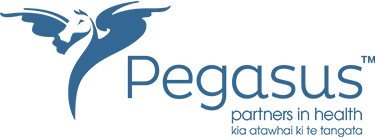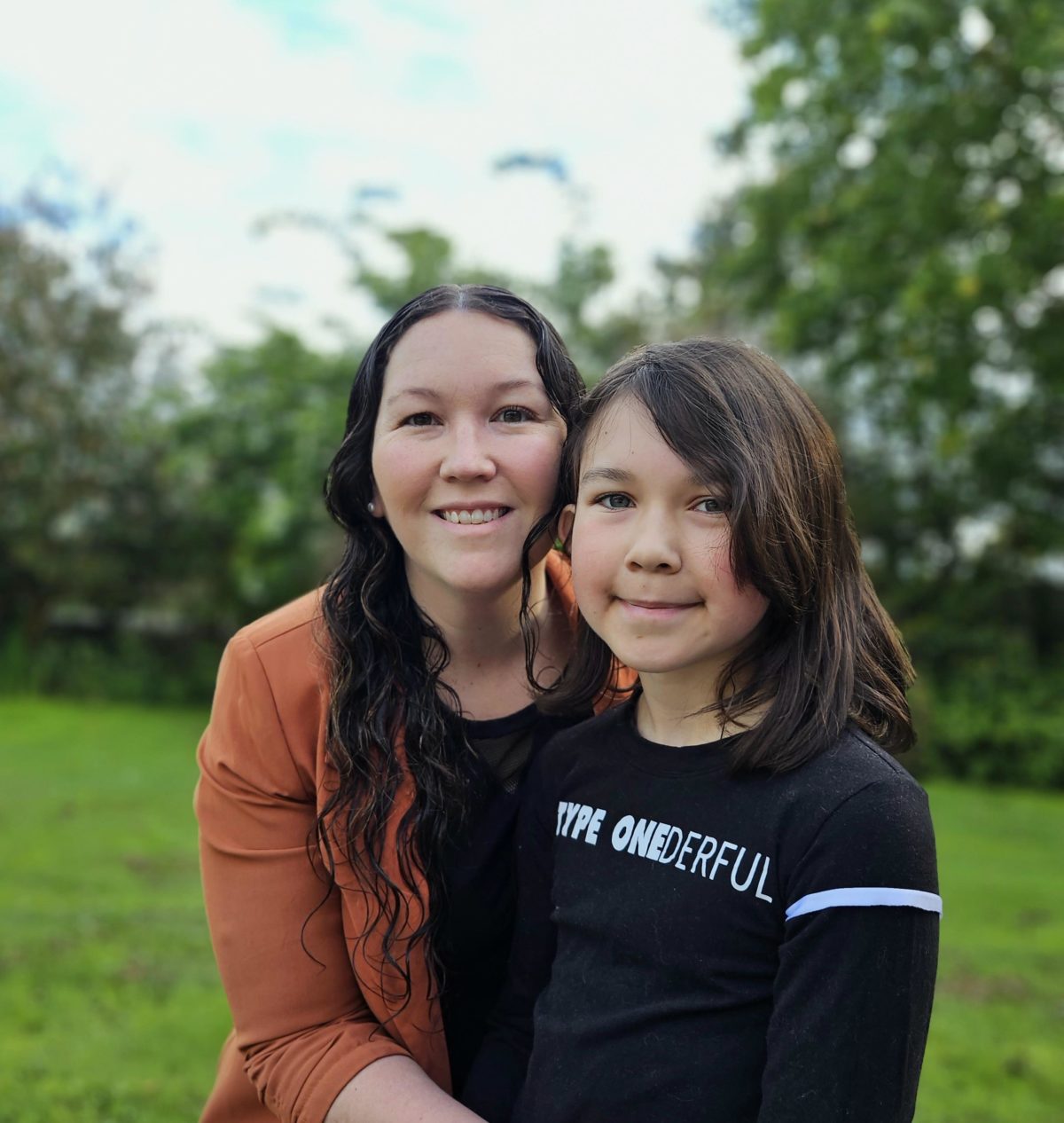Alena’s diagnosis with Type 1 diabetes was an unexpected journey for her family, filled with challenges and the determination to raise awareness about this condition. We spoke with Jacinta, Alena’s mother, to share her story and experiences in the hope of helping other parents facing similar situations.
Alena, just six years old at the time, started presenting puzzling symptoms, constantly drinking water, becoming extremely lethargic and irritable, and losing weight despite maintaining a normal eating pattern.
“I would be googling ‘how to get my daughter to gain weight’, or ‘why is my daughter so irritable’. It wasn’t until I asked about all the symptoms together, that the term diabetes came up,” Jacinta said.
Jacinta took Alena to their general practitioner (GP) at Rolleston Central Health, who promptly performed a urine test which confirmed the condition of Type 1 Diabetes. Her GP immediately referred her to the Canterbury Paediatric Diabetes team.
“I remember the doctor telling us she was surprised Alena was standing in front of her looking as alert as she was and that we were to go straight to the hospital. We were lucky to seek help when we did as it could have been a very different story for us. Her blood glucose level was 29 mmol – well above the healthy range of between 4 and 8,” Jacinta said.
A three-day hospital stay followed, during which they received intensive training on diabetes management. The training was for all Alena’s carers, and covered administering insulin, counting carbohydrates, managing hypoglycaemia and hyperglycaemia, and the consequences of poor blood glucose control. Alena also joined the Diabetes NZ youth group, connecting her with peers who understood her journey.
“We now have regular check-ups with a specialist team every three months to help manage Alena’s condition,” Jacinta said.
“We’re lucky to have a supportive public health system here in Canterbury, from our GP to our Paediatric Diabetes team, they’ve made this life-changing process a whole lot easier for our whānau. Now, counting carbs and monitoring blood sugars is our new normal.”
With Diabetes Awareness Day approaching on 14 November, Jacinta offers advice to parents facing similar situations, emphasising that it gets easier and encouraging them not to be too hard on themselves. “If your child has just been diagnosed, it does get easier, and don’t be too hard on yourself. I encourage you to connect with others who share similar stories as this has made a world of difference for Alena and myself.”
Don’t miss the Diabetes NZ Canterbury Youth group on What Now, airing this Sunday at 8:30 am on TVNZ Channel 2
A message from Diabetes NZ:
People living with Type 1 is approximately ten percent of all those living with diabetes in Aotearoa New Zealand. For many it may initially go undiagnosed.
It is vital that type 1 diabetes is diagnosed early to avoid Diabetic ketoacidosis (DKA). Diagnosis is by testing urine for glucose, which if positive is then followed up with a finger prick test for confirmation. Knowing the symptoms is vital to early diagnosis.
Symptoms and signs include:
- Excessive thirst
- Excessive urination, including frequent wet nappies or bed wetting
- Weight loss
- Fatigue
- Mood changes
- Vision changes
May also include:
- Abdominal pain, nausea, vomiting
- Skin infections, thrush
- Extreme hunger
- Poor concentration and performance

